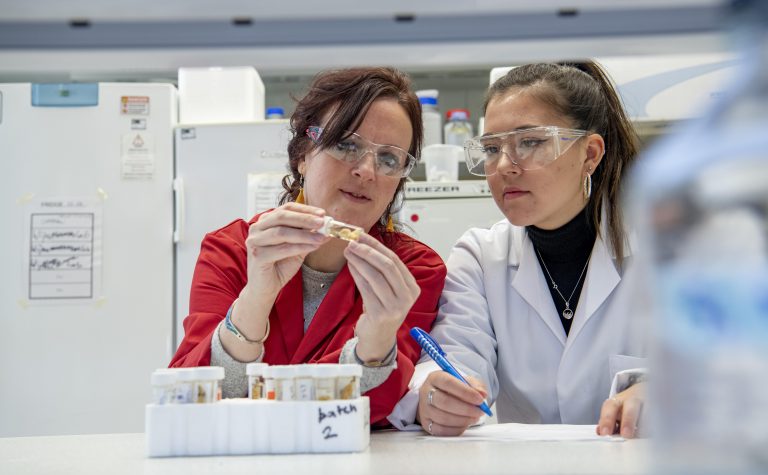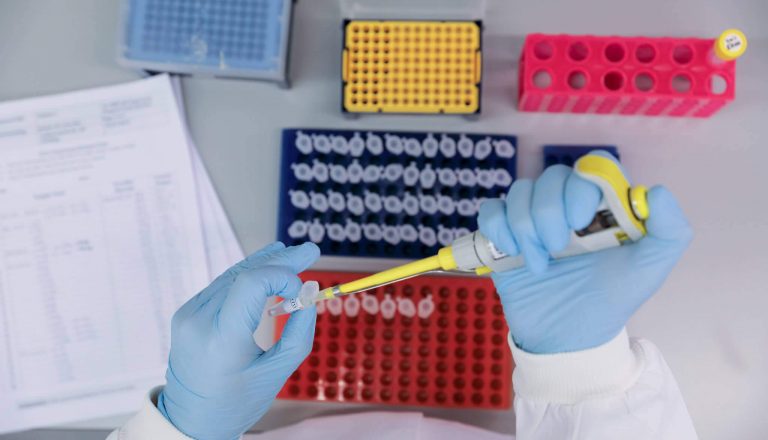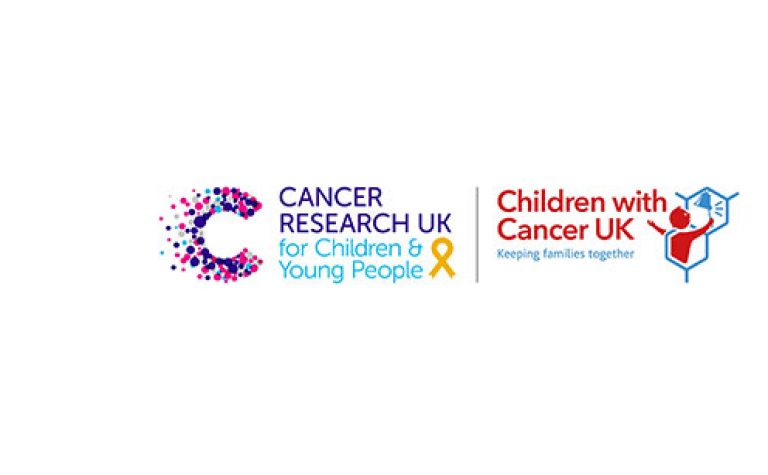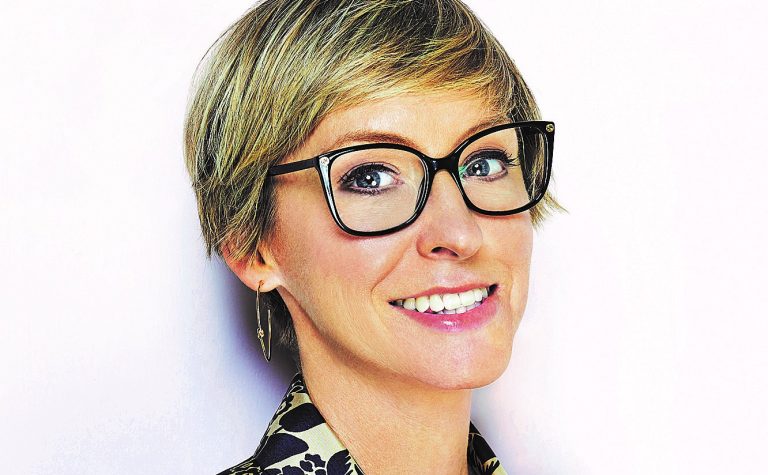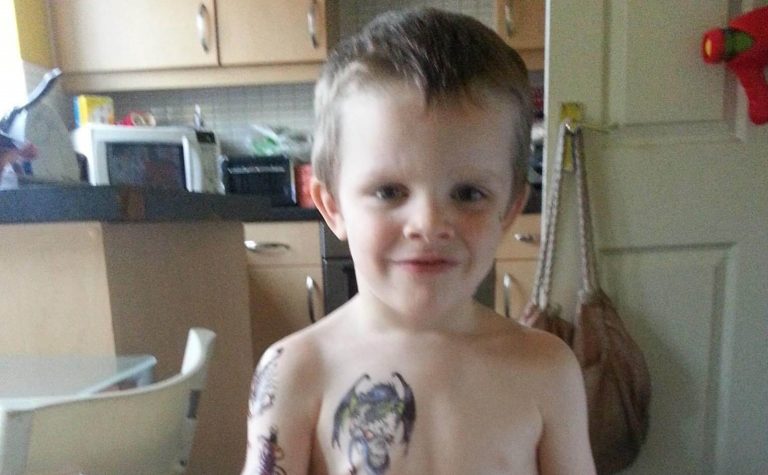Project Details
Project Title
Developing 3-dimensional multicellular models of osteosarcoma
Lead Researcher
Dr Claire Clarkin (wearing red coat)
Research Centre
University of Southampton
City & Institution Postcode
Southampton, SO17 1BJ
Start Date
1 June 2021
Duration
36 months
Grant Amount
£49,984
